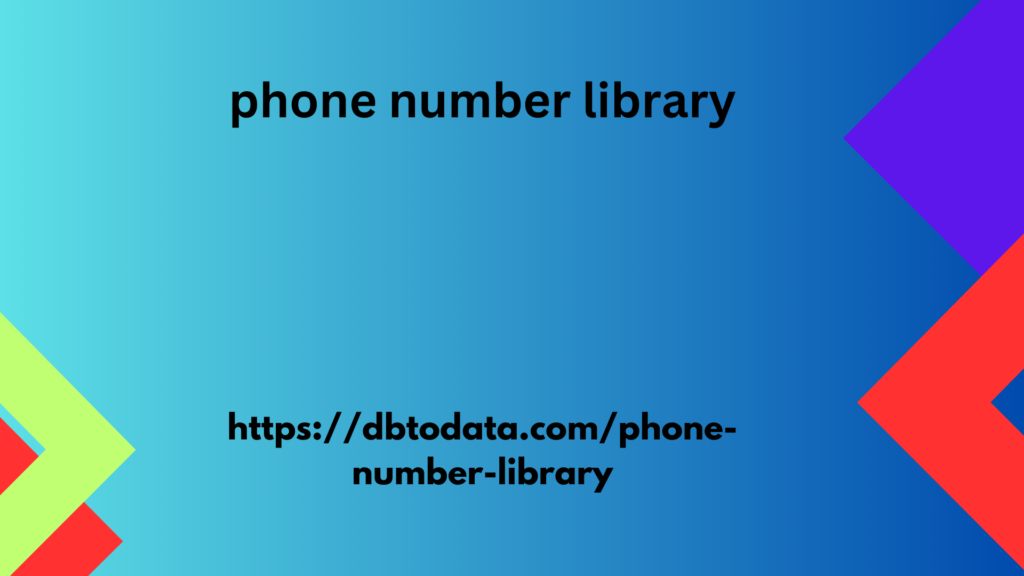One of the areas of transactional analysis in psychology is the study of these three ego states of people. The role of “Parent” , according to Berne’s book, is care and at the same time control. It can manifest itself both in the form of support and protection, and in the form of criticism or even authoritarianism. In a team, the behavior of a person who plays this role often manifests itself in the form of tyranny or excessive care. Such a person likes to interfere in the lives and affairs of other people, even when there is no need for it.
The Adult role is an ego state where a person
They evaluate the situation based on facts and want to find senegal phone number library the best solution. This is the most productive role for any employee. The Child Role. Psychologist Eric Berne characterizes this role in his book as more emotional and sometimes irrational behavior. It does not matter how old a person is — people of any age can take on the role of a child. A person who plays the Child role often shows indignation, is capricious, and avoids responsibility.
Example from the production environment
Let’s imagine a situation in which a manager constantly the owner of the birch bark souvenir complains about minor mistakes of his team and does not give them a chance to correct themselves. Outwardly, it seems that he interacts with them as an Adult, since he expects professionalism. However, in his book, Berne writes that such behavior reflects the role of a Parent who strictly controls other people. This forces employees to enter the role of a Child. In such a game, the solution is for all people to move to the Adult position.
The leader needs to:
Stop over-controlling the entire process. Start trusting your employees. Give the team the opportunity to independently resolve issues that arise and learn from their cg leads own mistakes. In his book, Eric Berne emphasizes that awareness of one’s own actions and reactions, as well as understanding the motivations of other people, helps to break out of destructive patterns of behavior. and stopping participation in destructive human games. This is especially important in the work environment, where effective collaboration and professional communication are key elements of teamwork.

